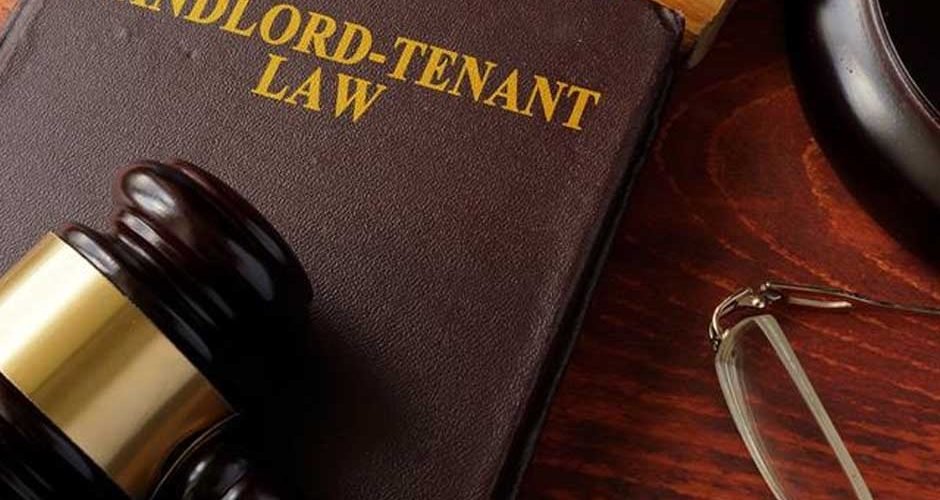As a landlord, understanding the legal landscape is as important as maintaining your property. You must be able to abide by the laws and regulations that govern tenancy and property management if you to be a successful and trusted landlord. This article, we will explore the key areas of tenant rights, property maintenance and safety standards, discrimination and fair housing, and privacy laws.
Table of Contents
Tenant Rights: What Every Landlord Should Know
Tenant rights in the UK are a robust framework designed to protect tenants from unscrupulous landlord behaviour. As a landlord, your legal obligations include the provision of a safe and habitable property, protection of the tenant’s deposit via a government-approved scheme, and respect for the tenant’s peace and quiet enjoyment of the property. Tenants also have the right to be given notice before eviction, and the right to challenge excessively high charges or rent increases.
Property Maintenance and Safety Standards: Landlord Obligations
Landlords are required to keep their properties safe and free from health hazards. This means ensuring that the property’s structure, including walls, roof, and windows, is in good repair. Landlords are also responsible for the maintenance of heating and hot water installations, as well as electrical wiring.
In the UK, landlords must have an annual gas safety check carried out on all gas appliances, flues, and fittings by a Gas Safe registered engineer. Once the check is complete, a Gas Safety Record or Gas Certificate is issued, providing proof that the appliances are safe to use. Landlords are legally obliged to provide their tenants with a copy of the Gas Certificate within 28 days of the check being conducted. Failing to comply can result in hefty fines and potential imprisonment.
Discrimination and Fair Housing: Avoiding Legal Pitfalls
UK landlords are bound by law, under the Equality Act 2010, to treat all tenants with fairness and respect, regardless of their race, religion, gender, disability, sexual orientation, or age. The Act paints a clear picture of what constitutes discrimination, be it direct or indirect, and urges landlords to foster an atmosphere of equality and fairness for all potential and existing tenants.
Take for example a tenant with a disability: It would be against the law for a landlord to deny them tenancy solely due to their condition. Or perhaps consider a situation where a tenant of a certain race or religion is faced with different rental terms. Such actions can land a landlord in hot water, leading to serious legal consequences. Hence, it’s not just good practice, but also legally essential, to fully grasp these rules, helping to steer clear of any unintentional mishaps that might violate them.
Privacy Laws: Respecting Tenant’s Rights in Rental Properties
Respecting a tenant’s right to quiet enjoyment is a legal obligation, and this extends to their privacy. Tenants are entitled to live in their rented property without unnecessary disturbance from the landlord.
As a landlord, you do hold the right to inspect your own property, but you cannot show up without informing the tenant first. A 24-hour window must be given to your tenants in advance, unless, of course, there is a major emergency that needs sorting out. Regular, unannounced visits can be considered harassment, which could lead to legal action.
In conclusion, being a responsible landlord means more than just collecting rent. It involves understanding and complying with numerous legal obligations that protect both you and your tenants. Knowledge of tenant rights, property maintenance, discrimination laws, and privacy rights is crucial. Always remember, a well-informed landlord makes for a smoother landlord-tenant relationship.





